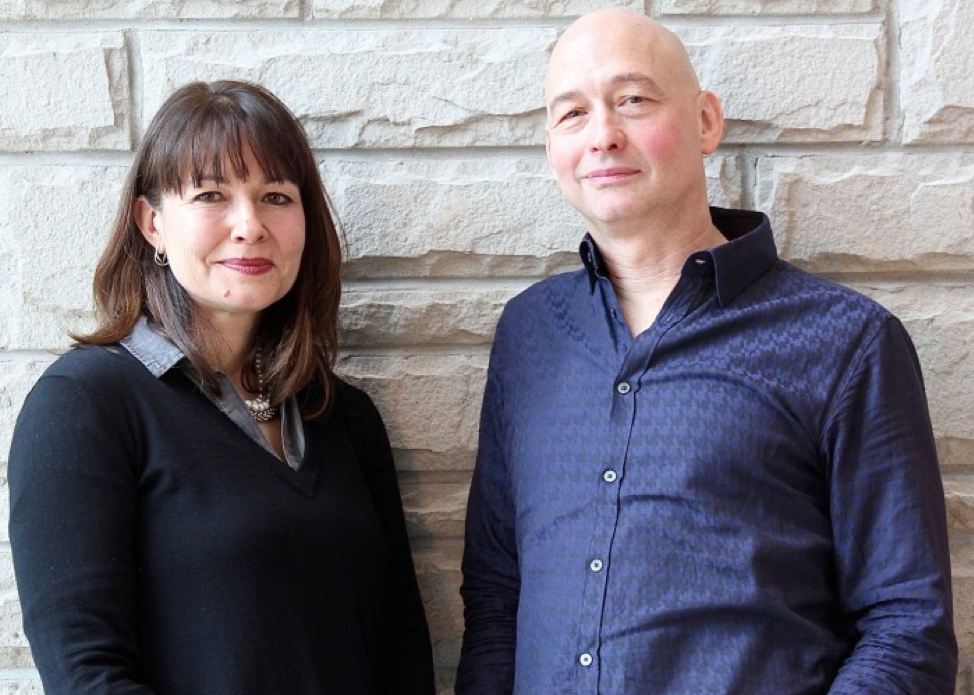Internationally renowned neuroscientists join Western to further advance innovative technologies
March 17, 2016

An internationally renowned wife-and-husband team of cognitive neuroscientists have joined Western University after collaborating on game-changing research for the past 15 years at the University of Cambridge.
Tim Bussey and Lisa Saksida specialize in understanding cognition – learning, memory, perception and attention – and developing and discovering new techniques for translating data acquired in pre-clinical trials to the clinic where the findings can be used to better investigate what happens in the human brain when patients are suffering from neurodegenerative diseases like Alzheimer’s and Parkinson’s.
“Diseases of cognition are some of the most worrying right now. Because our world population is aging, diseases like Alzheimer’s and Parkinson’s and other neurodegenerative diseases are on the rise,” says Saksida, who completed her undergraduate studies in psychology at Western before earning higher degrees in Artificial Intelligence at the University of Edinburgh and Robotics and the Neural Basis of Cognition at Carnegie Mellon University in the United States. “It is absolutely critical that we develop a better understanding of how the brain works, so we can use this knowledge to treat these debilitating diseases.”
Bussey, named Western Research Chair in Cognitive Neuroscience, and Saksida have both been appointed as professors in Schulich School of Medicine & Dentistry‘s Department of Physiology and Pharmacology. Also serving as core members of Western’s Brain and Mind Institute, Bussey and Saksida will continue to advance their unique touch screen systems and any other future software designs at Robarts Research Institute and its Centre for Functional and Metabolic Mapping.
“Cambridge is a great place. It’s almost a magical place. So we weren’t thinking of moving, but we came to Western for a visit, met with loads of people, and were really surprised and really impressed by people’s enthusiasm and ambition in what they are trying to do here in the area of cognitive neuroscience,” says Bussey, who completed his undergraduate studies in psychology at the University of British Columbia before eventually earning a PhD in Behavioural Neuroscience at Cambridge.
The university introduced Western Research Chairs in support of its Western Clusters of Research Excellence program in 2013, establishing Cognitive Neuroscience as the first cluster. The two programs will provide more than $10 million in investments over the next few years to enhance global leadership in cognitive neuroscience by supporting leading-edge research excellence and recruiting outstanding, internationally renowned scientists to Western. Ingrid Johnsrude was named the first Western Research Chair in 2014. Jörn Diedrichsen, the second, was announced last week.





